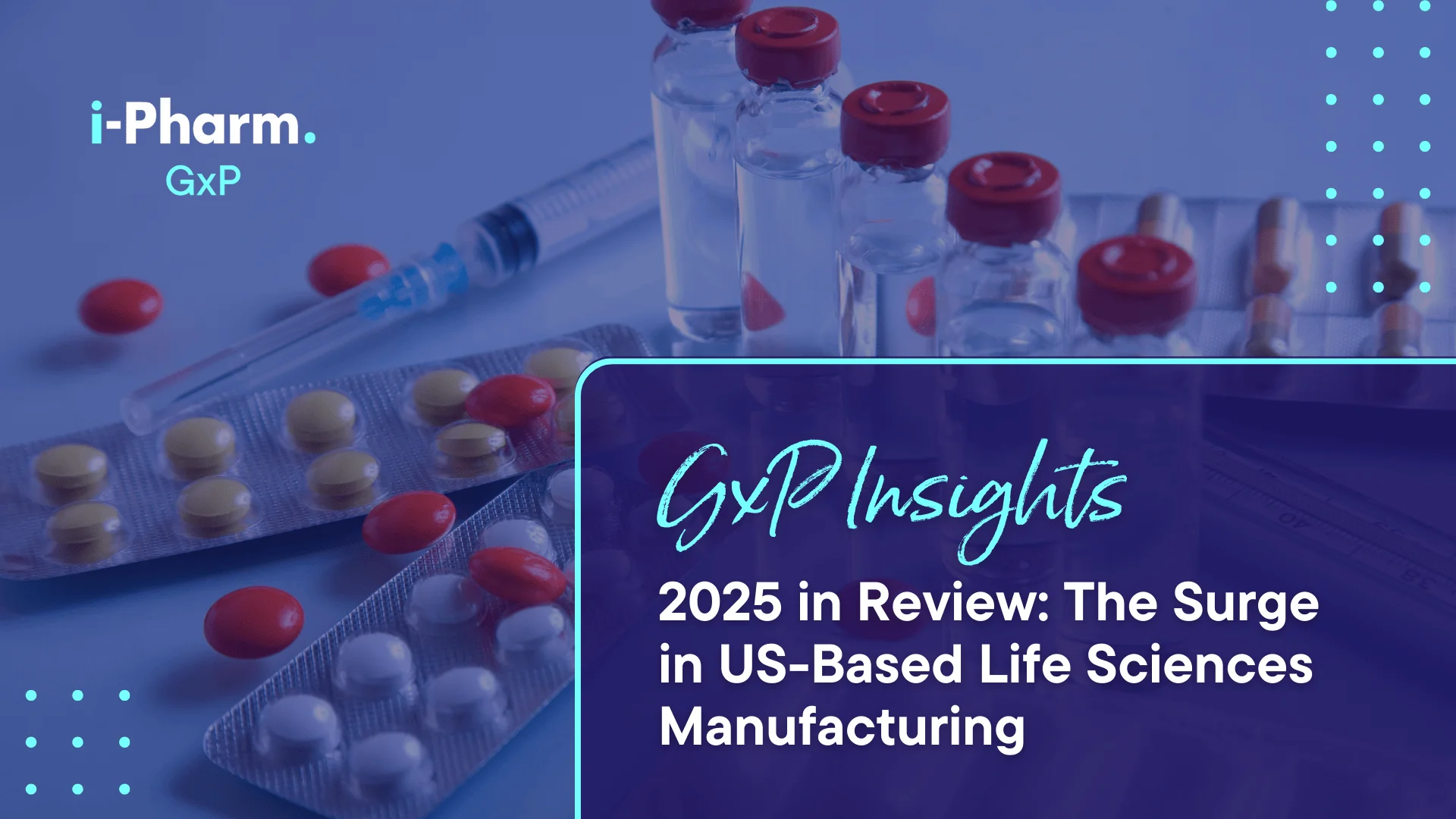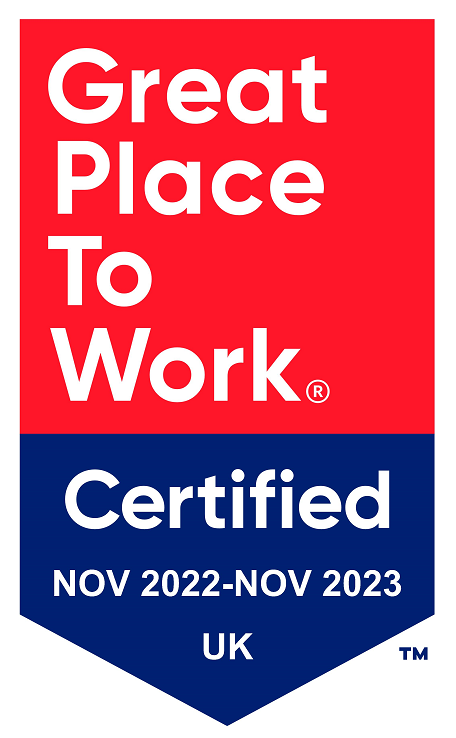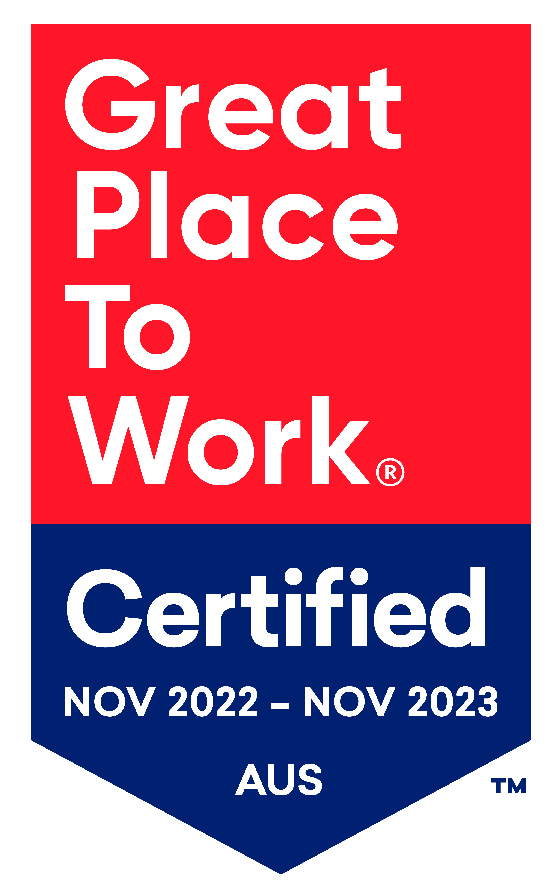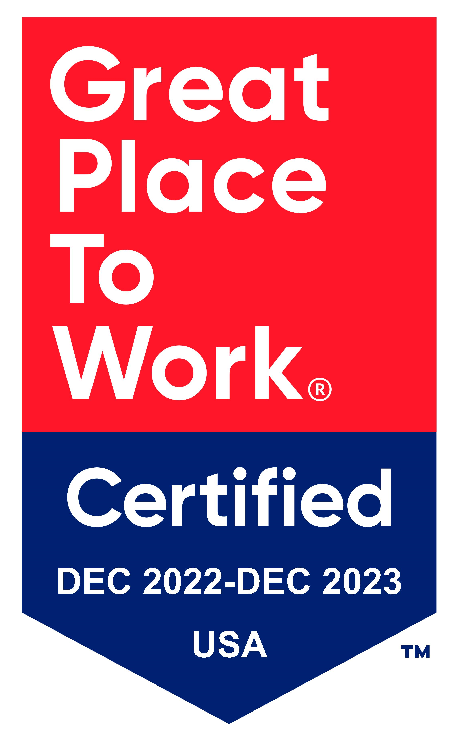GxP Insights: Biologics License Application (BLA) Process & Recent Changes
17 Apr, 202510 minsExplore our monthly GxP industry insights newsletter, tailored for professionals in Medical ...
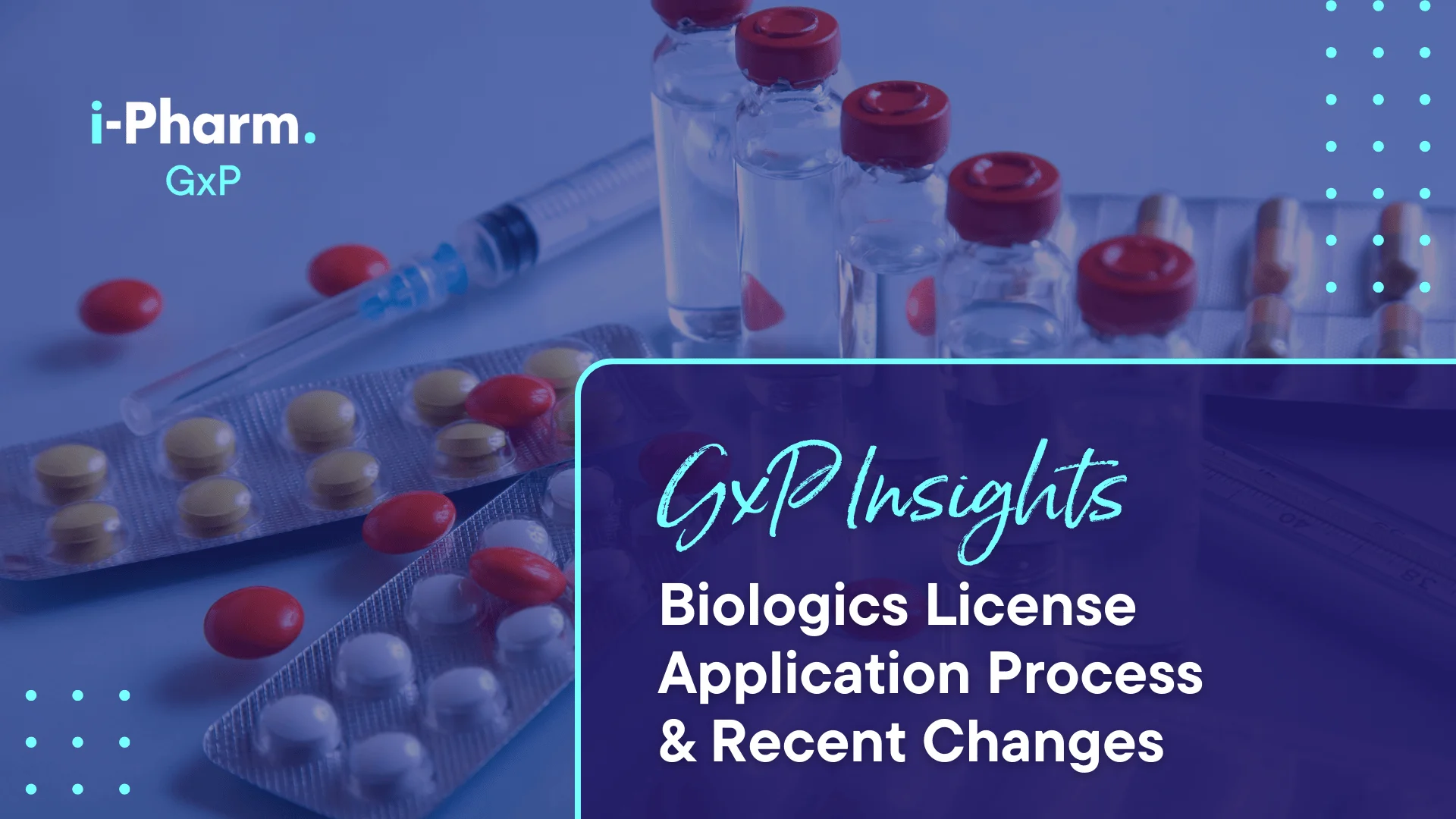
Explore our monthly GxP industry insights newsletter, tailored for professionals in Medical Devices, Biologics, Cell & Gene Therapy, and Sterile/Aseptic Manufacturing.
Each edition delivers into a key topic within your industry, including expert perspectives, and career insights to help you stay ahead.
What you can expect:
- Industry News: Stay updated with the latest developments, trends, and breakthroughs in your field.
- Career Tips: Enhance your career with advice on skills, networking, and job opportunities tailored to your field.
Understanding the Biologics License Application (BLA) process & recent changes
The Biologics License Application (BLA) is the formal process by which companies seek FDA approval to market a biologic product. It assesses the product’s safety, purity, and potency, alongside evidence from clinical trials and manufacturing quality systems.
In recent years, regulatory adjustments have aimed to streamline this pathway. Notably, the FDA has implemented a rolling review process, allowing companies to submit completed sections of their application incrementally, rather than waiting until the entire dossier is ready.
This approach, combined with Prescription Drug User Fee Act (PDUFA) target timelines (typically 10 months for standard reviews or 6 months for priority reviews) has enhanced predictability for applicants.
Accelerated approvals, recent developments & industry implications
The FDA’s Accelerated Approval Pathway aims to speed access to therapies for serious conditions, especially where limited treatment options exist. It allows earlier approval based on surrogate endpoints, with further studies required to confirm clinical outcomes.
A well-known example is Zolgensma, approved in 2019 for spinal muscular atrophy (SMA) in infants. As one of the first gene therapies granted accelerated approval, it marked a turning point for personalised, one-time treatments in rare disease care.
Recent developments suggest the pathway remains critical for progressing innovation.
Just this March 2025, Novartis received FDA approval for Fabhalta® (iptacopan), the first and only oral treatment for adults with C3 glomerulopathy (C3G), a rare kidney disease with high unmet need, highlighting the FDA’s ongoing efforts to prioritise access to life-changing therapies where urgency matters most.
How to stay compliant and inspection-ready
With the biologics sector advancing swiftly, companies must maintain a state of readiness for FDA inspections, which can occur at any stage during or after BLA submission.
Key strategies include:
- Internal Audits and Readiness Assessments:
Industry-wide, internal audit programmes are considered foundational for identifying potential gaps before FDA or MHRA evaluations. - Ongoing Good x Practice (GxP) Training and SOP Adherence:
Regular updates to Standard Operating Procedures and comprehensive GxP training ensure that teams across quality, manufacturing, and regulatory functions are aligned with evolving expectations. - Digital Quality Management Systems (QMS):
Companies like GSK have publicly partnered with providers like Veeva Systems to harmonise quality processes and implement modern QMS platforms. These systems help track compliance metrics, support documentation integrity, and enable real-time issue resolution.
More on this here.
Biologics companies to watch
Johnson & Johnson (North Carolina):
- Investing over $55 billion in U.S. operations, including a new biologics manufacturing facility in Wilson, NC.
- Facility will support production of therapies for cancer, immune-mediated, and neurological diseases.
Eli Lilly (New Jersey):
- Advancing Tirzepatide, a biologic showing strong outcomes in type 2 diabetes and obesity.
- Continued investment in biologics to expand treatment options for chronic diseases.
Pfizer (New York):
- Expanding biologics R&D pipeline with a focus on oncology, immunology, and rare diseases.
- Leveraging global infrastructure to scale biologics manufacturing and innovation.
Bristol Myers Squibb (New Jersey):
- Strengthening biologics capabilities through acquisition and internal development.
- Leading in immunotherapy and oncology with a growing biologics portfolio.
GSK (Pennsylvania):
- Investing in biologics manufacturing and partnering on digital QMS upgrades.
- Active in vaccine and specialty biologics development for infectious and chronic diseases.
ADMA Biologics (New Jersey):
- Specialises in plasma-derived biologics for immunocompromised patients.
- Targeting $1 billion in annual revenue by 2030 through growth in immunotechnology.
Skills in demand for Biologics
To advance your career in the biologics sector, consider focusing on these high-demand areas:
- Regulatory Affairs Specialists: Professionals adept at managing INDs, BLAs, rolling submissions, and facilitating pre-approval meetings.
- Validation Engineers: Experts in qualifying systems, equipment, and cleanrooms critical to biologics manufacturing.
- Quality Assurance Professionals: Individuals skilled in Good Manufacturing Practices (GMP), data integrity, Quality Management Systems (QMS), and inspection readiness.
- Clinical Operations and Compliance Specialists: Teams that bridge development and regulatory affairs, ensuring data quality and trial integrity.
East Coast Hotspots: where opportunities abound
The U.S. East Coast remains a key growth engine for biologics, with hubs in New York, New Jersey, and Pennsylvania driving development and manufacturing innovation.
As demand rises for niche skill sets these regions offer a wealth of opportunity for professionals looking to make an impact in biologics.
i-Pharm GxP partners closely with companies across these markets to support their evolving workforce needs. If you're looking to advance your career in life sciences, we’d love to hear from you.
If you'd like to connect with one of our experts, please don't hesitate to contact us here.
Found these insights helpful? Be sure to share them on LinkedIn and follow us for monthly updates and exclusive industry insights.
Subscribe to our newsletter and get the latest insights delivered straight to your inbox.


